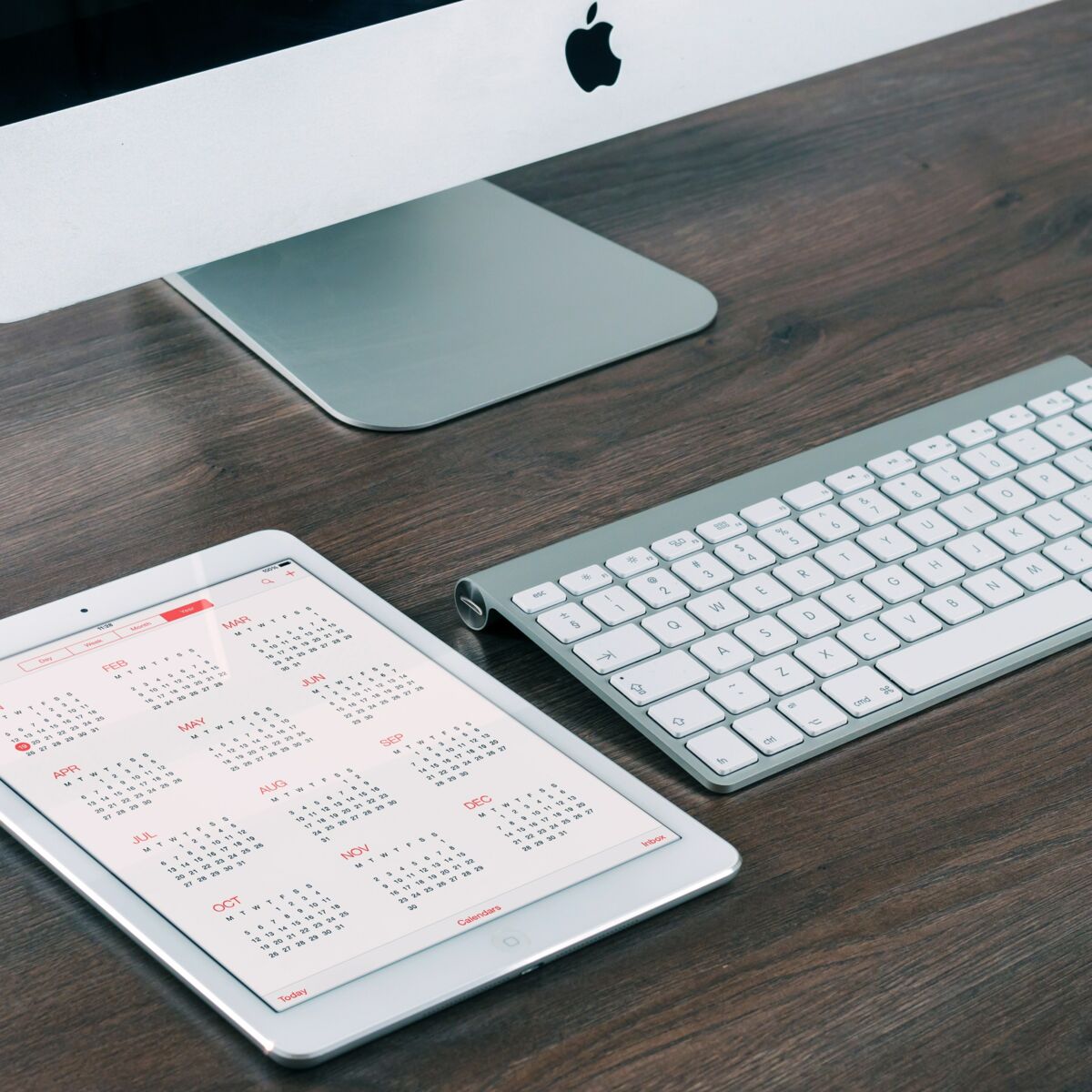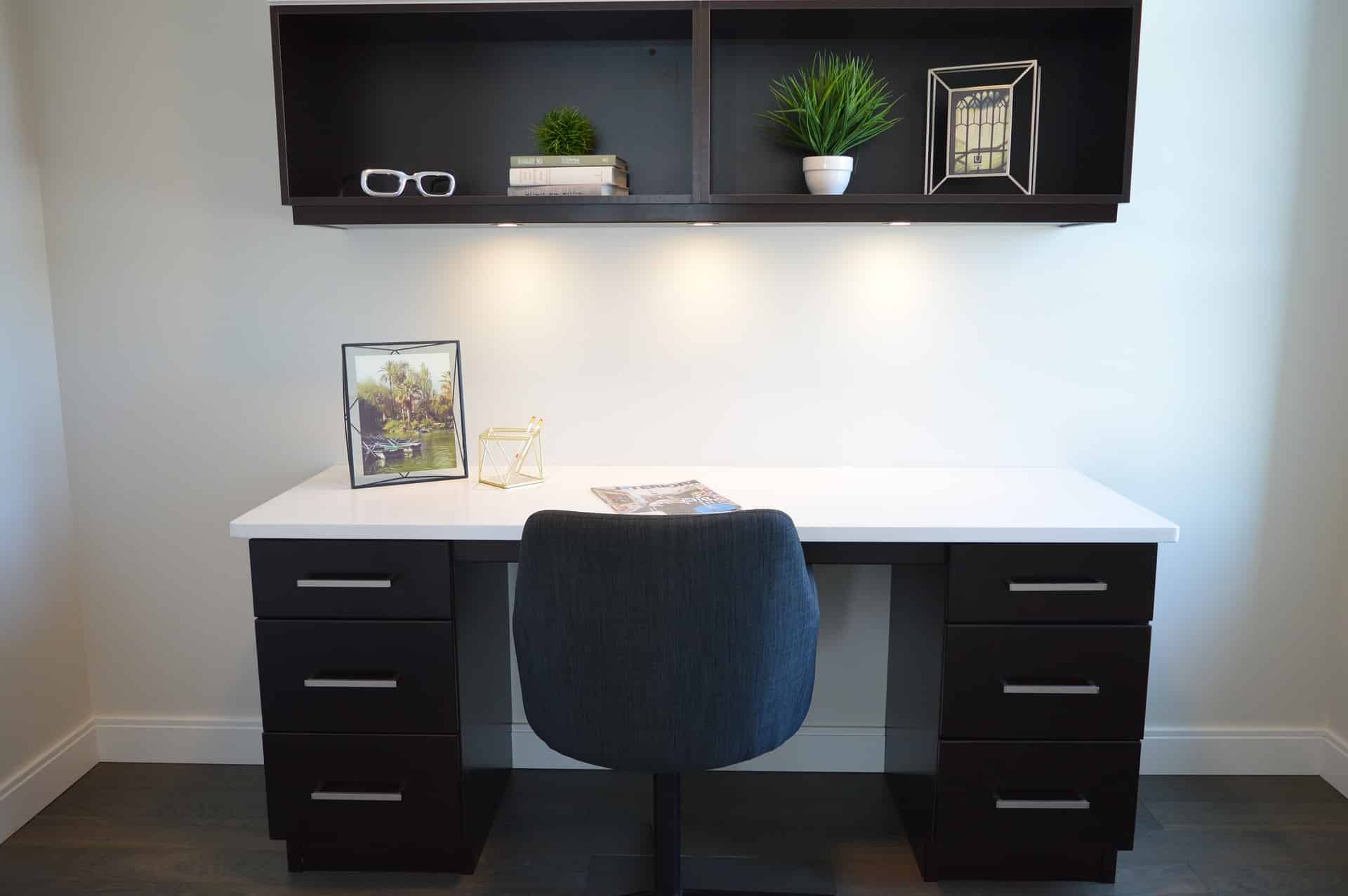
6 steps to be well organized at work and increase your productivity
Knowing how to organize your working days is one of the keys to being efficient and effective. Moreover, experience has shown that the quality of the organization at work has direct consequences on the productivity of workers and on their level of stress.
Whatever the objective, it is therefore important for companies and for workers to optimize this aspect of office life.
What exactly is the organization of work? How to organize your working days and how interim management can help in the implementation of this approach?
Work organization: what is it?

It is possible to define it as a set of actions that aim to improve productivity and efficiency at a workstation.
In practice, it is a process that is task-oriented, but also person-oriented. Contrary to popular belief, to learn how to organize your working days , it is not enough to establish a schedule or an agenda and follow it. You also have to make a personal effort and change your habits.
Several methods and tools make it possible to implement this process within a large company or a restricted group. Among these methods and tools are, among others, the creation of an agenda, the development of a routine or even transition management .
How to get organized at work?

A good organization at work improves productivity and reduces the stress level of workers. However, you should know that the process is not so easy to implement. Depending on the initial situation and the personal investment of each, the duration of the process can vary considerably.
As far as the methods that make it possible to organize oneself at work, there are a great many of them. Here are the best methods to implement this process.
1) Create a work routine

Learning to organize yourself better at work is above all a matter of habit and involves adopting the right behaviors. One of the easiest, but very effective ways to do this is to create a work out routine .
It is therefore a question of creating and adopting new habits that will initiate and facilitate change. These habits, or more precisely, these actions , will have to be done according to a certain order and in a duration determined in advance. In addition, the actions must have a real utility.
Some people will, for example, take one or two hours at the start of the day to meditate, read, play sports or tidy up their desk. Any action that is necessary or that contributes to the achievement of personal and professional objectives is to be favored in the implementation of the routine.
2) Learn to set priorities
Defining priorities is essential to being able to organize oneself at work . What does the operation consist of? This is to determine:
- The most important and least important tasks ,
- Tasks that need to be done quickly.
Thanks to this, it will be possible to know on which tasks it is necessary to concentrate and to know the order of priority of these. During the performance of the tasks, it is important to show concentration and avoid distractions. The goal is to be as productive as possible and waste as little time as possible.
How to recognize an important task? First of all, you have to see if the accomplishment of the task in question is necessary in order to be able to progress in your work. If it needs to be done very quickly, it’s usually because the task is urgent.
3) Establish an agenda

After having defined the actions to be included in his work routine and the order of priority of the tasks to be carried out, to organize everything, it is necessary to establish an agenda. This will allow:
- To have an overview of what to do during the day,
- To take stock of achievements or progress at the end of the working day.
In short, establishing an agenda will not only improve your productivity , but also allow you to follow up on this productivity .
With regard to the establishment of the agenda, it will be necessary, among other things:
- List all the actions to be carried out,
- Define the order in which these actions are carried out,
- Assign a completion time to each of these actions,
- Determine the most important actions if there are too many.
4) Plan your working days

A diary allows you to know what to do on a daily basis. On the other hand, this tool does not necessarily allow you to know the tasks to be carried out for the rest of the week or in the future. However, this is very useful for better organizing at work.
In order to achieve this objective, the solution is to plan your working days. In other words, you must establish an agenda for at least a week .
5) Optimize your work environment

The quality of the organization at work is also manifested by the state of the workstation or more simply, the office. If it is untidy and you have to spend several minutes looking for tools or documents, it will be very difficult to be efficient and productive.
To better organize yourself at work, it is therefore essential to optimize your work environment . This consists, among other things, of:
- tidy up your desk,
- Classify tools and documents for easy access,
- Place the most used items nearby and the less used items in a cupboard.
Interim management: an effective tool for organizing at work
Interim management is a strategy that consists of entrusting an expert , the Interim Manager , with the supervision and implementation of a major project . Optimizing the organization at work can be considered a major project.
The main mission of the expert is to support the company or the worker throughout the process. For this, it will intervene on:
- Determination of important tasks,
- The development of the agenda for each working day and for the whole week,
- The establishment of new positive habits,
- Monitoring the implementation of the improvement of the organization at work.

































